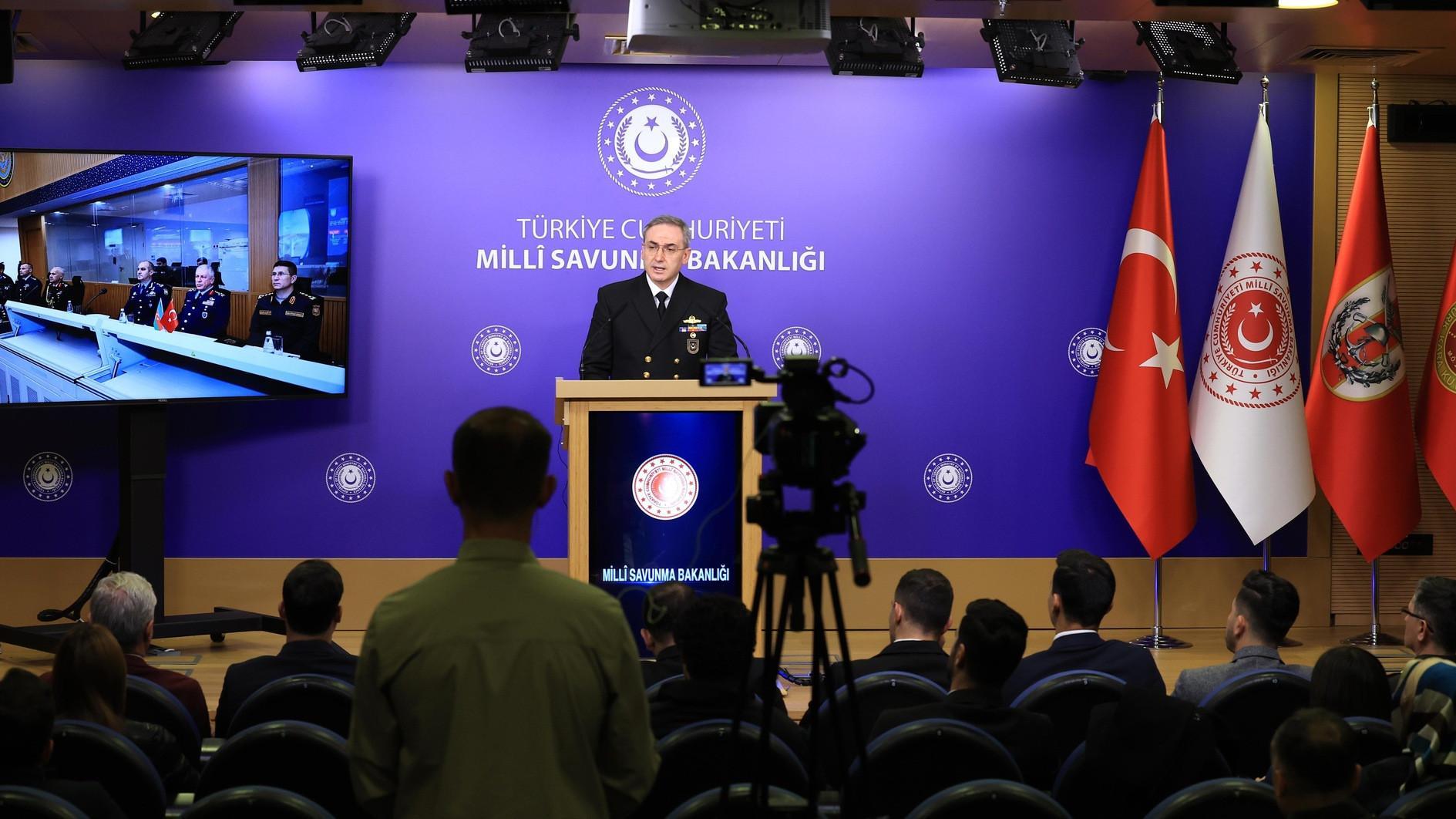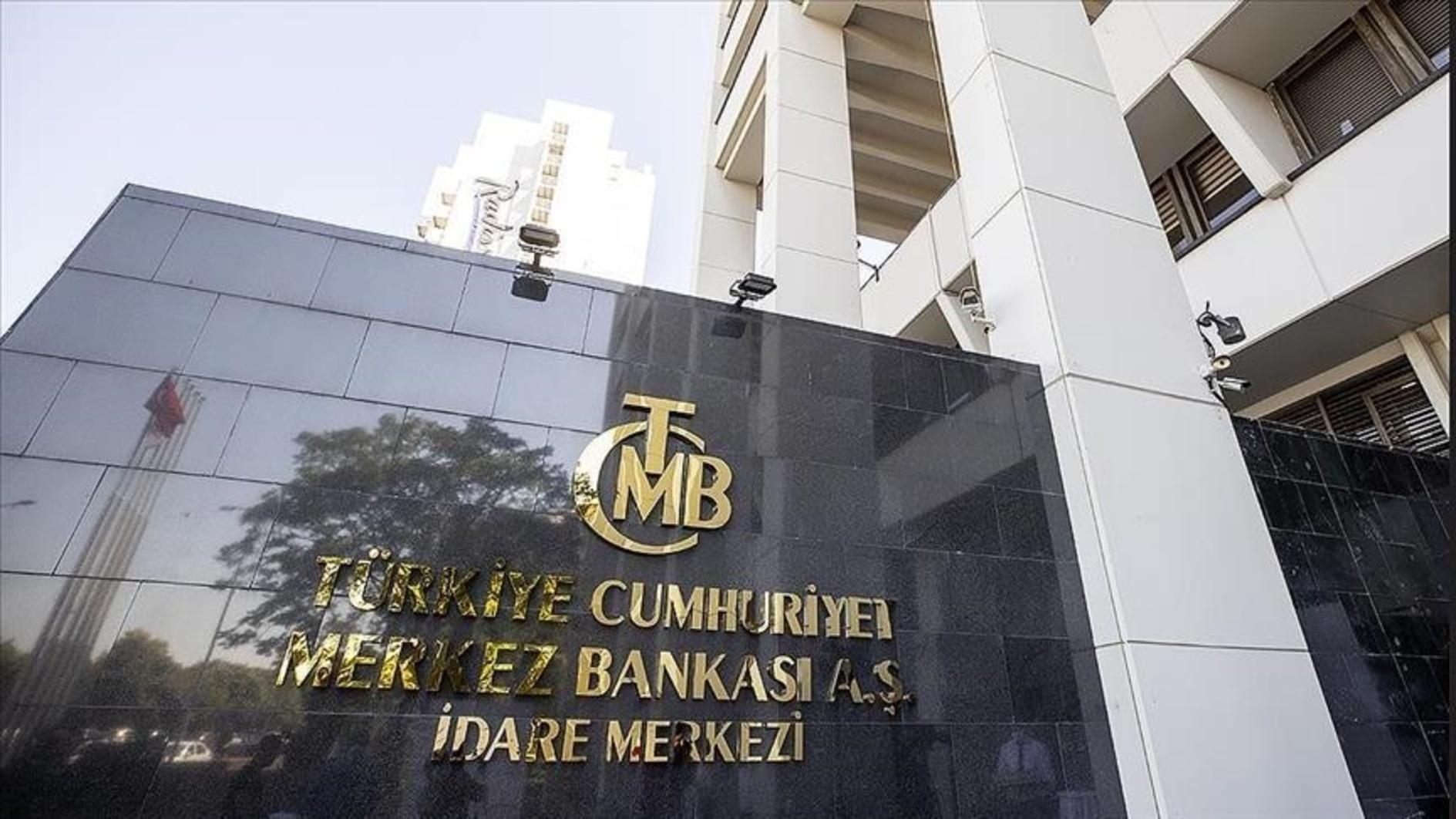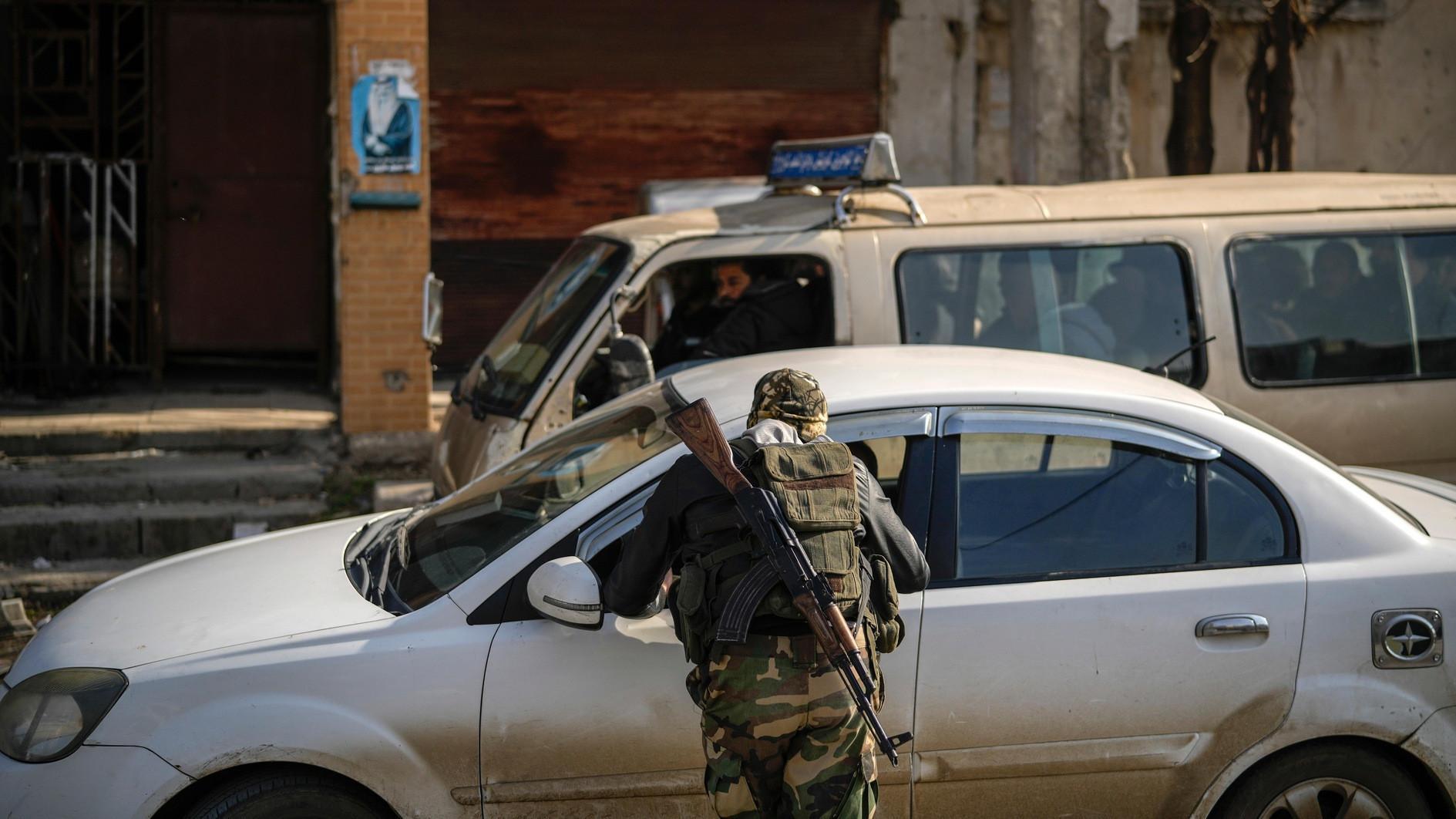Turkish judges wear political glasses: Euro court judge
CANSU ÇAMLIBEL ISTANBUL / Hürriyet

Işıl Karakaş currently works as a European Court of Human Rights (ECHR) judge. She has criticized Turkish judges for looking at cases through 'ideological glasses.' Hürriyet photo by Emre YUNUSOĞLU
Turkish judges wear "ideological glasses," as a majority of them believe that protecting the state is their fundamental job, according to Işıl Karakaş, a Turkish judge working at the European Court of Human Rights (ECHR).“I don’t know any such examples in European countries. How could a judge’s job be protecting the state? A French judge and a Turkish judge understand the public order differently. Our judges see their job as protection of the state,” said Karakaş, explaining what "ideological glasses" means.
She stated that Turkish judges stopped punishing the word “Mr. Öcalan” only after the ECHR found Turkey guilty on several occasions for such decisions. Calling the outlawed Kurdistan Workers’ Party (PKK) jailed leader Abdullah Öcalan as “Mr. Öcalan” was seen as a crime on the grounds that it was “praising the criminal,” in several cases in Turkey.
Karakaş claimed that the Turkish judges were practicing the laws mot-a-mot and they were not open to the international laws, saying, “Our judges are very shy,” about interpreting laws.
Detention periods
Speaking about the Balyoz (Sledgehammer) coup plot case, Karakaş said that the ECHR had not given any decision about the detention periods as the case had not been concluded yet. She said the European court decided that there was no problem in the arrest of suspects in this case, but asked the Turkish government about the detention periods that had not been sent yet.
Turkey is in the third place in terms of the number of its files at the ECHR court, following first-placed Russia and second-placed Italy. The number of applications regarding Turkey was 13,700 as of July 1, said Karakaş, adding that many of these cases are about violations of the right to life and torture. Such cases are seen as priorities, but Karataş underlined her opinion that freedom of expression must be a priority in Turkish cases.
She also said her colleagues felt sorry for her due to her work-load on account of the number of cases in Turkey. “Compare me and a Liechstenstein judge. They do not have any work. We get the same salary, but they don’t work as I do,” she joked.
Karakaş also said that Turkish politicians must be more tolerant of criticism, adding that there could not be prison sentences for the freedom of speech cases. She said Turkish Prime Minister Recep Tayyip Erdoğan was filing too many cases against people on the grounds that they were insulting him.
“The prime minister does not have to be so sensitive. He regards everything against him as an insult. Politicians’ 'criticism credits' must be larger than the citizens, according to the ECHR. If one has decided to be a public figure, one has to tolerate criticism,” she added.
















